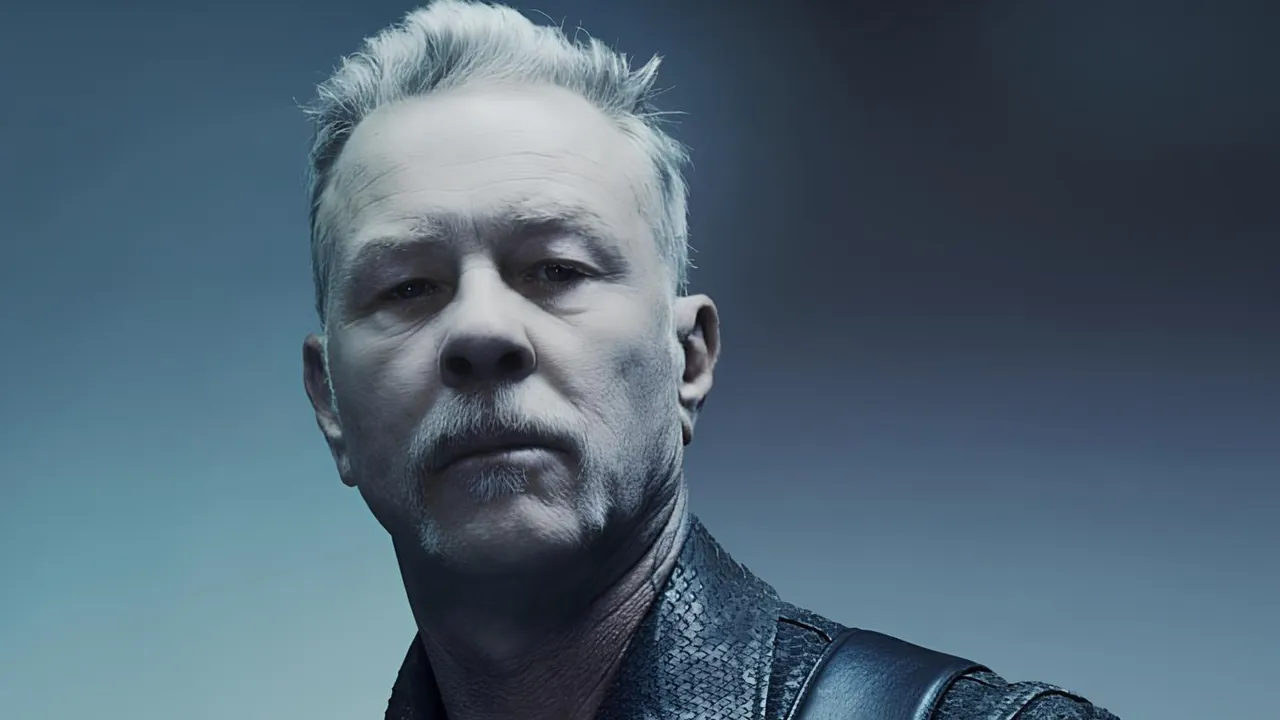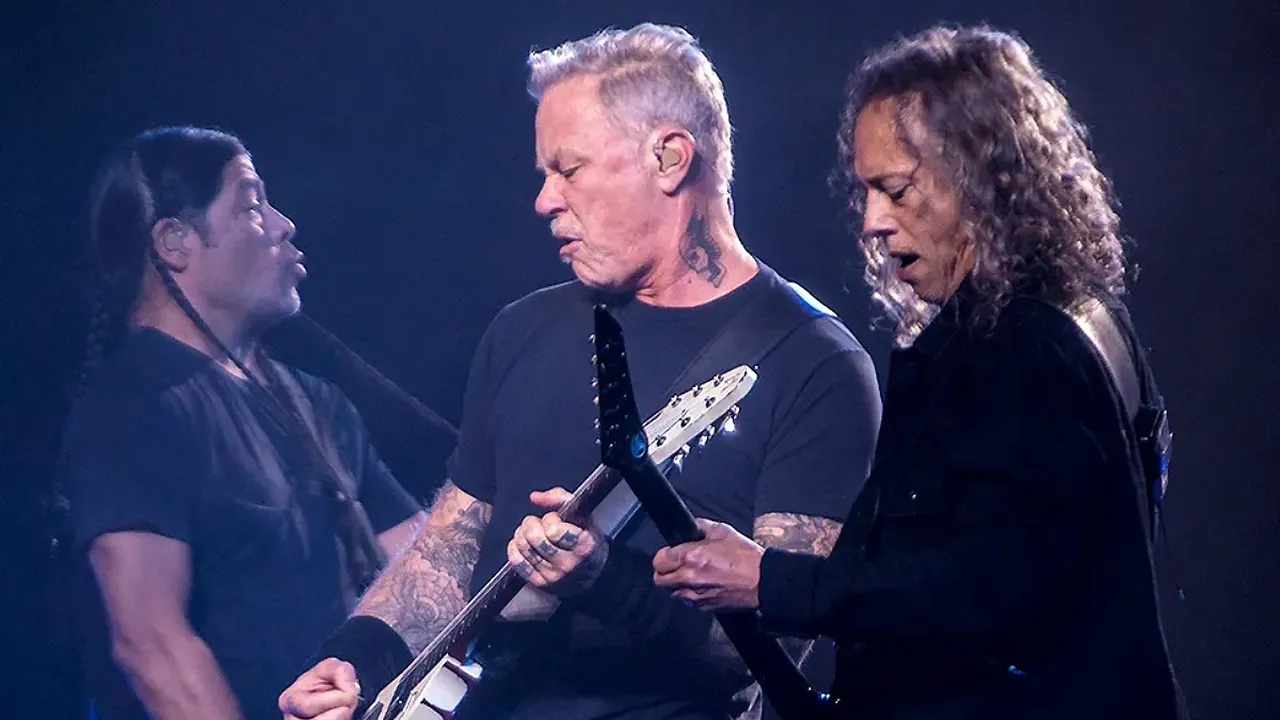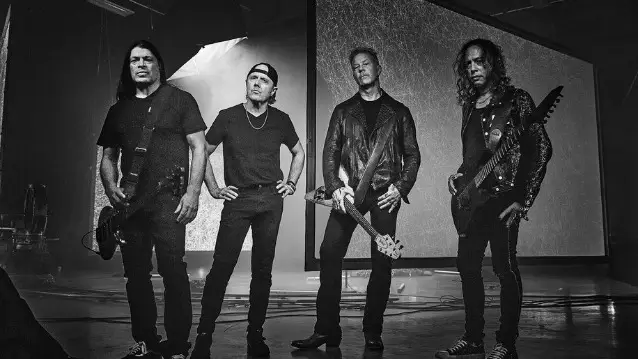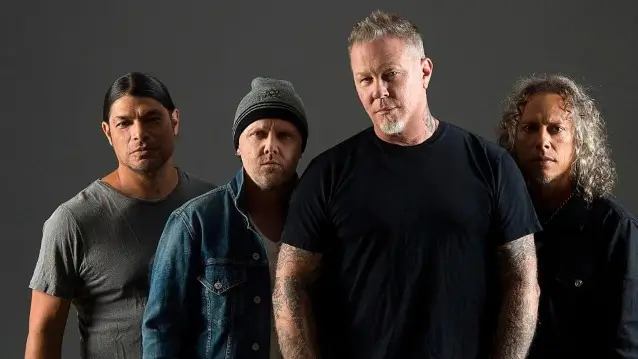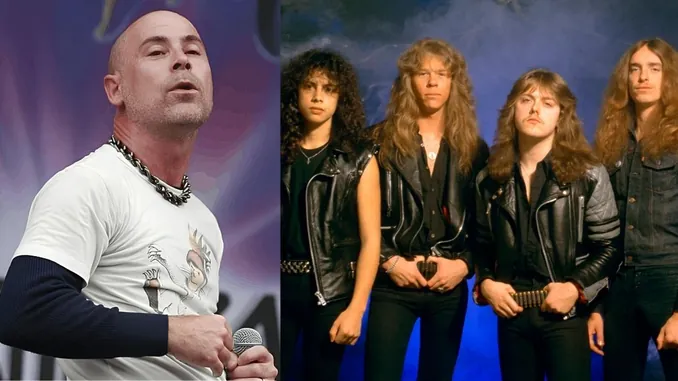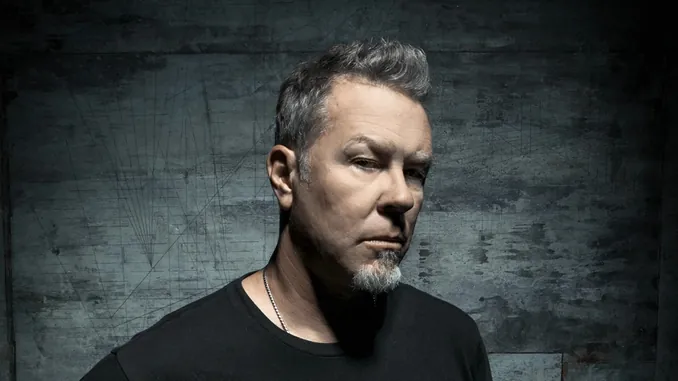Cliff Burton's Spirit Lives On in Metallica's Music, Says James Hetfield
Frontman reveals how he still channels the late bassist’s creativity in his songwriting process.
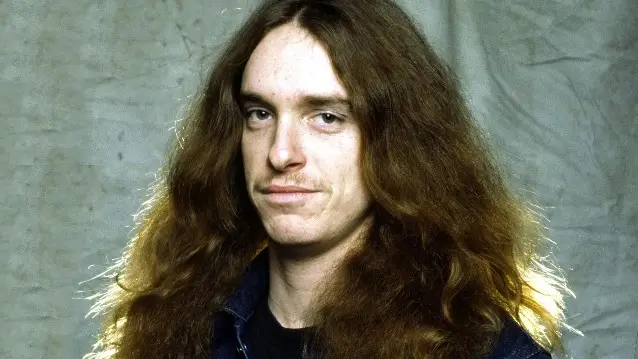
Summary
- James Hetfield still channels Cliff Burton’s influence when writing Metallica songs.
- Cliff’s impact remains strong, even years after his tragic death in 1986.
- Hetfield believes Cliff would’ve opposed Metallica’s style shift in the ’90s and early 2000s.
James Hetfield still hears Cliff Burton’s voice. Not literally, but in his head when he’s writing music. During a recent episode of “The Metallica Report”, the frontman was asked if Cliff still influences his work. His answer? An easy yes. “I ask myself, ‘Would Cliff think this is cool?’ That’s how much I still respect him. If I could impress Cliff, that was a good day,” James said. It’s like Cliff is the invisible quality check, setting the standard even now. Pretty wild.
Back in 1982, Cliff joined Metallica after they saw him shred with TRAUMA. There was a catch, though—he wouldn’t move to LA. His solution? Make the whole band move to San Francisco. And, because it’s Cliff, they actually did it. The guy wasn’t even in the band yet, and he was already calling the shots.
Related
He played on the first three albums—“Kill ‘Em All,” “Ride The Lightning,” and “Master Of Puppets.” You know the classics: “For Whom The Bell Tolls,” “Fade To Black,” and of course “Master Of Puppets.” His fingerprints are all over them. Then, in 1986, tragedy struck. The tour bus crashed in Sweden, and Cliff died at just 24.
Replacing him was no small task. Jason Newsted stepped in, lasted until 2001. Robert Trujillo? He’s held down the bass since 2003. But none of them were, or ever will be, Cliff.
Even Alameda County gets it. In 2018, they declared February 10 “Cliff Burton Day.” Had he lived, he’d have turned 56 that year.
In a 2016 interview, Lars Ulrich remembered how the band dealt with Cliff’s death. Spoiler alert: it wasn’t well. “Vodka was the go-to,” he said. The band drowned their grief in bottles because they didn’t know how else to handle it. No counseling. Just alcohol. Not surprising for a bunch of twenty-something-year-old rockers.
James was asked how Cliff might’ve felt about Metallica’s makeover in the ’90s and early 2000s. His take? Cliff would’ve hated it. Especially the “Load” and “Reload” years. James said he’s sure Cliff would’ve been an ally in opposing the band’s transformation into some knockoff version of U2. And as for the alternative sound and image? Yeah, James wasn’t feeling it either. “There are good songs in there,” he admitted, but the shift diluted what made Metallica special. Too many tracks. Too much image nonsense. Less metal. Less poison.
In case you need more proof of Cliff’s legacy, there’s a book about him, “To Live Is To Die,” written by Joel McIver. Even Kirk Hammett penned the foreword.
Got a tip for us? Email: [email protected]
Metallica showed up in full force at Back to the Beginning, a farewell event held on July 5 at Villa Park in Birmingham, England. The show was …

